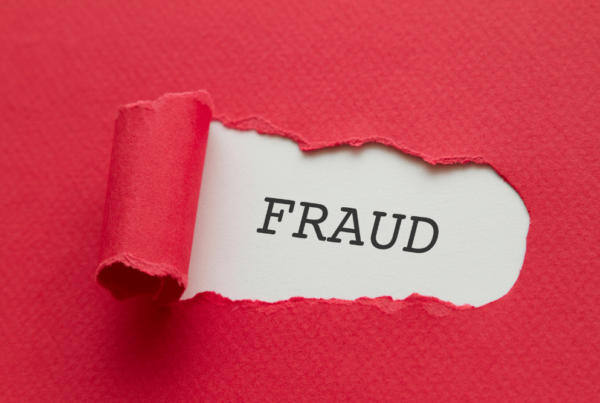Under U.S. federal law, it is a crime to distribute illegal drugs, which are referred to legally as controlled substances. Any person who manufactures or distributes these substances can face severe criminal penalties, including an extended prison sentence and expensive fines. It is also illegal to conspire with other people to commit these crimes. Though to understand exactly how conspiracy to distribute penalties work, it will be helpful to review background information on several federal laws concerning controlled substances.
What is the Federal Definition of Controlled Substances?
21 U.S. Code Section 802 establishes the federal definition of a controlled substance. Under this section, the term controlled substance refers to illegal drugs, counterfeit drugs, and similar substances. Furthermore, federal law divides controlled substances into different classes – referred to legally as schedules – based on health risks and potential benefits.
There are four schedules of controlled substances under federal law:
- Schedule I – Includes heroin, LSD, and ecstasy;
- Schedule II – Includes cocaine, meth, and opium;
- Schedule III – Includes ketamine and anabolic steroids;
- Schedule IV – Includes Xanax and Valium; and
- Schedule V – Includes certain cough medicines and other pharmaceuticals.
At this juncture, it is important to note that Section 802 specifically excludes certain things from the definition of a controlled substance. For example, alcohol and tobacco do not qualify as controlled substances under federal law.
21 U.S. Code Section 841: Federal Laws Against Distributing Controlled Substances
21 U.S. Code Section 841 clarifies the laws against distributing controlled substances. This section prohibits any person from distributing, manufacturing, or dispensing a controlled substance or counterfeit controlled substance. Outside of narrow medical and research exceptions, it is illegal to make or distribute illegal drugs and similar substances.
Additionally, Section 841 makes it unlawful to possess real or counterfeit controlled substances with the intent to distribute, manufacture, or dispense. If a person possesses a large enough quantity of these substances, the intent to commit a distribution can be inferred. It does not always matter if that person actually completes the act of distributing, manufacturing, or dispensing.
What are the Federal Penalties for Distributing Controlled Substances?
Section 841 also outlines the federal penalties for distributing controlled substances. From a general standpoint, the punishment for distribution crimes changes based on the schedule of the controlled substance in question.
- For distribution crimes involving Schedule I/II controlled substances, an individual offender typically faces a maximum of 20 years in prison and $1 million in criminal fines. Though if the crime also involved physical injury or death, the sentencing range becomes 20 years to life in prison.
- For distribution crimes involving Schedule III controlled substances, an individual offender typically faces a maximum of 10 years in prison and $500,000 in criminal fines. Though if the crime also involved physical injury or death, the prison sentence jumps to a maximum of 15 years.
- Schedule IV controlled substances are punishable by five years in prison and up to $250,000 in fines, whereas Schedule V controlled substances can result in a maximum of one year in prison and a maximum fine of $100,000.
That being said, Section 841 also provides extended prison sentences and elevated fines in distinct situations. These penalties apply to repeat offenders who commit multiple felony drug crimes. The same is true for distribution crimes that involve massive quantities of controlled substances.
21 U.S. Code Section 846: Conspiracy to Distribute Controlled Substances
21 U.S. Code Section 846 details the federal laws against conspiracy to distribute a controlled substance. Under this section, it is unlawful to conspire with others to distribute, manufacture, or dispense a controlled substance. It is also illegal to attempt to distribute, manufacture, or dispense a controlled substance.
Stated otherwise, even if a person fails to complete a distribution crime, they can still face federal charges for the attempt or conspiracy. Furthermore, any attempt or conspiracy is considered the same as a completed distribution crime. And the person who attempted or conspired to commit the distribution crime will face the same penalties explained in the previous section.





